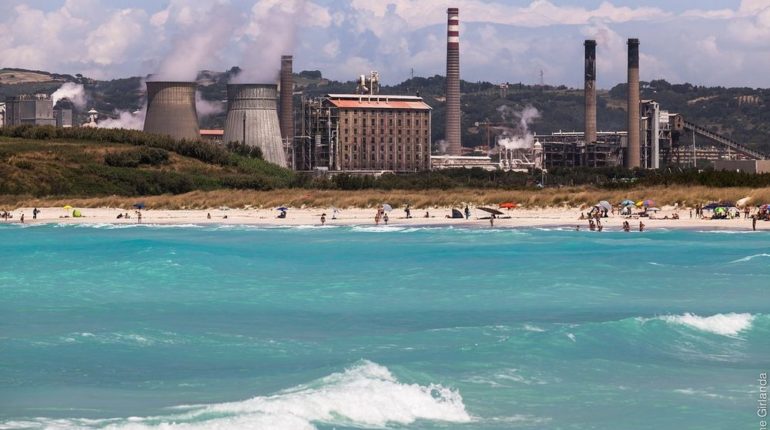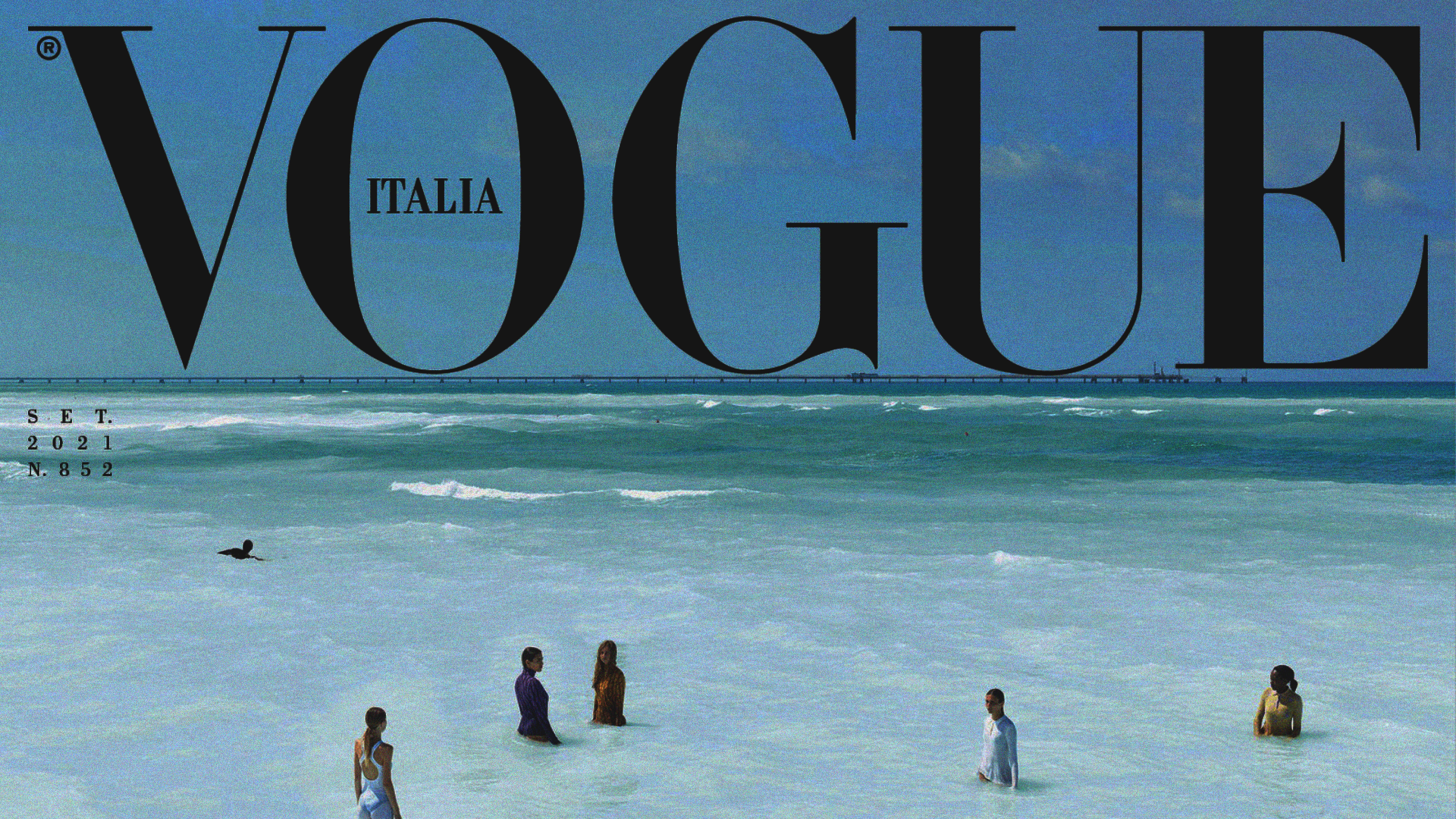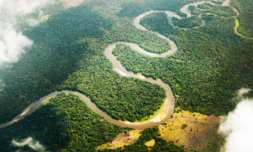Since 1913, a Belgium-based company called Solvay – which the beach takes its name from – has used this spot in Rosignano, Tuscany to produce Europe’s supply of soda ash and bicarbonate.
Tempted by the beach’s ultra-white sand and clear blue water? Well, they’re both a result of the by-product of Solvay’s production process, limestone, which has been regularly dumped into a nearby river.
Mercury, arsenic, cadmium, chromium, lead, and ammonia are amongst the numerous toxic chemicals also found at the plant. These substances, harmful to both humans and marine life, travel out of the river and empty directly into the Ligurian sea – lightening the colour of everything around it.
As recently as 2017, large quantities of fish have washed up on the beach with high levels of ammonia in their bodies. Following this, the surrounding ocean was tested for abnormalities, indicating high concentrations of mercury and hexachlorobenezene (a compound used in pesticides) in the water.
Although these levels are above the legal limit, regulators have continued to insist that it is safe to swim – with most locals following this advice, unaware of the harm these chemicals could cause, such as kidney, liver, or nervous system problems. In fact, Solvay beach is amongst the first recommendations on local tourism websites.
International environmental health reports strongly suggest the opposite, with scientists finding ‘an excess of mortality for chronic-degenerative diseases’ in the area. Despite this, Solvay continues to maintain its factory practices are safe.
Recently, awareness about Rosignano has increased amongst eco-conscious users in online spaces like YouTube and TikTok. One video with over 2 million views branded the unsustainable activity at Solvay’s chemical plant an ‘eco-crime’ and followed up with a story about Vogue’s magazine cover.
In light of the backlash on social media, the fashion oracle issued a statement saying it had not ‘intended to glorify a polluted beach’ and that ‘the title could have been clearer in addressing the complex and layered meaning behind the image in-book.’
Take from this what you will, but it’s not as if Vogue’s entire set team could have missed or forgotten the nearby chemical plant, as they turned to take aesthetically pleasing, sea-facing photographs for the cover.
Adding to Vogue’s statement, the cover’s photographer Massimo Vitali said: ‘the supernatural beauty of this piece of Tuscan coast is for me a constant wakeup call about the absurdity we are all living: nothing is what it seems to be, and it is our job as artists to not forget this important truth.’
It’s no secret that big businesses ‘forget’ the truth for economic gain. But young people’s interest in researching the facts and a wider access to resources that offer them (thanks, Internet), has created a world where conglomerates will struggle to omit such stark realities for long.























